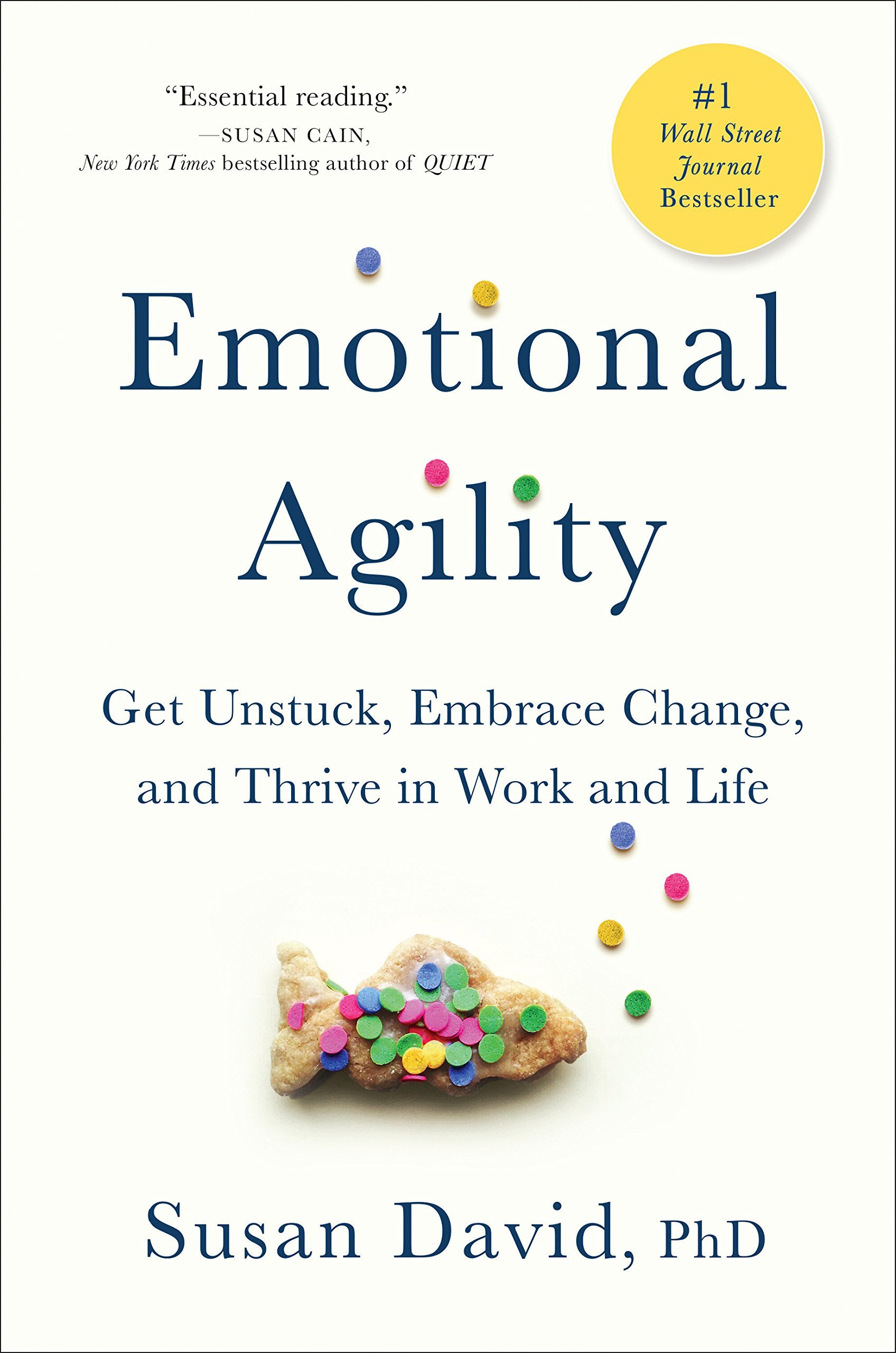
Recommended Reading
There are so many valuable sources of information for those of us struggling with relationships, well-being or mental health. When I’m not working directly with clients, I spend a substantial amount of time reading and researching what experts in various fields have to offer, whether that is education to increase our understanding or tools to increase our skills and abilities. I’ve highlighted a number of the most influential books I’ve read in the sphere of psychology, emotions, relationships and human thriving. If the descriptions I’ve given of the books feel like they might have something to offer you, I’ve included links for where you can purchase them. There are lots of ways to begin healing in addition to getting an appointment with a therapist, you can get started right now!
Man’s Search for Meaning
Viktor Frankl
Psychiatrist and survivor of the World War II concentration camps, Viktor Frankl shares his story of personal tragedy and horror with the unique insights of a clinician. He offers his conclusions for how one can find meaning even in seemingly unbearable circumstances based on very personal experience. Widely regarded as a landmark work, Frankl’s writing offers susccint principles that anyone can apply to their own lives in the effort to discover a reason for being.
Topics: existential questions, meaning and suffering, anxiety, stress, trauma, tragedy, death
Breath
James Nestor
How do you breathe? The answer is far more important than you think. Journalist James Nestor relays his journey of discovering the simple yet critical importance of breathing to our physical and mental health through research, expert interviews and personal experimentation. He offers a clear and definitive approach for changing the way one breathes in order to change one’s health, and his is a seminal collection of information on how a simple change can transform one’s life.
Topics: anxiety, stress, trauma, relaxation, sleep and insomnia, research
How To Love
Thich Nhat Hanh
Relating to other people is both a fundamental part of human experience, but also a space where many of us experience hurt. Vietnamese Buddhist monk Thich Naht Hanh reveals timeless yet revolutionary principles for how we can engage with loved ones, friends, and anyone we encounter in a way that isn’t just effective, but can actually bring healing for both the other person and ourselves. This brief and tiny book is packed with as much wisdom as any textbook.
Topics: love, relationships, communication, connection, community, support, understanding
How To See
Thich Nhat Hanh
Perception is reality, at least as far as your brain is concerned, and this plays a huge role in our mental and emotional health. Thich Nhat Hanh shares teachings from his practice as a Buddhist monk in a wonderfully short book that is dense with information and tools. He shows how our perspective is often clouded by past hurts that impact our ability to see and act effectively in the present, and the steps that can help clear away what blocks us from seeing reality as it is, giving us the freedom to live in thriving rather than survival.
Topics: perception, insight, self-awareness
No Bad Parts
Richard Schwartz
You are not simply one unified mind. The mind is structured of many different aspects, and helping them work in harmony is the key to mental well-being. Through this premise, Richard Schwartz, creator of the Internal Family Systems method of therapy, teaches readers how the psychological mind functions and gives practical tools for interacting properly with all of the parts of their mind to establish healing from the past that split these elements apart originally.
Topics: structure of mind, therapy tools, trauma, self-compassion, emotion, developmental psychology
The Body Keeps the Score
Bessel Van der Kolk
One of the leading experts in the field of trauma, Dr. Van der Kolk’s pivotal book provides a summary of decades of global research, culminating in a new, more integrated way for us to view the causes, impacts and treatments for trauma. He highlights numerous shifts in our understanding of the topic as well as some suprisingly simple and effective new treatments that can bring healing for anyone who has experienced too much, too fast, too soon.
Topics: trauma, research, clinical treatments
Focusing
Eugene Gendlin
Dr. Eugene Gendlin spent decades researching one question: what makes some clients successful in therapy while others are not? His findings revealed one ability was key in determining whether a client experienced a benefit from therapy, and so he built a tool to teach everyone that ability. The skill is simple: get enough distance from your feelings to make them useful sources of information without dismissing them entirely. That window between overwhelmed and disconnected may seem small at first, but with time anyone can learn to enter it and gain peace.
Topics: emotions, self-awareness, anxiety, stress, trauma, depression, addiction, behaviour, cognition
Emotional Agility
Susan David
Most people’s experience of their emotions is overwhelming, irritating or embarrassing. We try to avoid our feelings more often than we intentionally engage with them. Dr. Susan David shares clear evidence that this is avoidance of emotion is actually what makes those feelings so overwhelming or debilitating. She also shares practical methods for interacting with your emotions in a positive way. While you can’t take control of which feeling shows up (at least right now!), you can take control of whether having the feeling helps you or hurts you.
Topics: emotion, coping skills, anxiety, stress, trauma, depression









